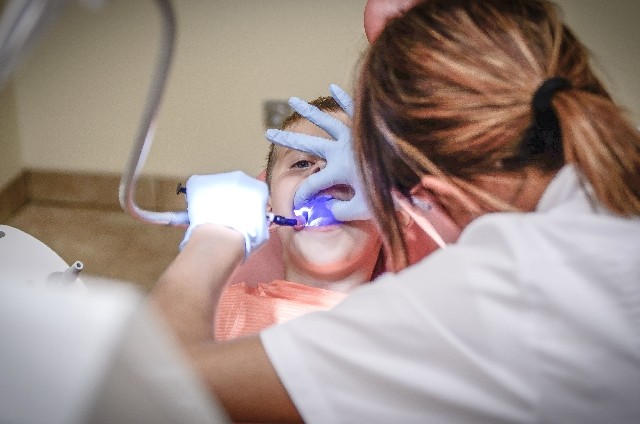What is Dental Insurance and Why do I need it?
Dental insurance is a type of insurance that helps to cover the costs associated with dental care. Many people purchase dental insurance to help cover the cost of regular check-ups and procedures, such as fillings and crowns.
There are a few reasons why dental insurance is important. First, dental care can be expensive. Even a simple procedure, like a filling, can cost several hundred dollars. Dental insurance can help to offset some of these costs.
Second, not everyone has dental coverage through their employer. If you don’t have access to employer-sponsored coverage, then purchasing your own dental insurance policy is the next best option.
Finally, many procedures that are considered necessary for oral health – such as root canals, teeth whitening, and crowns – are not typically covered by standard health insurance policies. Dental insurance can help to cover these costs.
What are the Different Types of Dental Plans Available Today?
There are many different types of dental plans available today. Some people may not even be aware of the different options that are out there. It can be helpful to compare dental plans in order to find the best one for your needs.
One type of dental plan is a group plan through your employer. This is usually offered at a discounted rate. You may also be able to get this plan at an earlier age than you could get an individual plan.
Another option is an individual dental plan. These plans can be purchased through an insurance company or broker. They often have a higher monthly premium, but they also offer more freedom in terms of choosing a dentist.
The third type of dental plan is a discount plan. This is not actually insurance, but it allows you to receive discounts on dental services from certain providers.
How Does Dental or Medical Insurance Work Together with Medicare or Healthcare Options?
Dental and medical insurance are both important types of health insurance. Dental insurance covers services such as teeth cleanings, dental x-rays, and fillings, while medical insurance usually covers services such as doctor visits, prescriptions, and hospital stays.
Some people have both dental and medical insurance through their employer or through a private insurer. Others may only have medical insurance through Medicare or another government program. In some cases, people may have dental coverage through a separate policy from their medical coverage.
It is important to understand the relationship between dental and medical insurance coverage. Generally, dental services are not covered by medical insurance plans unless they are specifically related to an illness or injury. For example, if you need a root canal because of an infection caused by strep throat, your dentist may be able to bill your medical insurer for the procedure.
How Much Does Dental Insurance Cost and How Much Will I Have to Pay?
Many people believe that dental insurance is very expensive, but that is not always the case. Depending on the policy, the monthly premium can be anywhere from $10 to $50. And, most policies have a low deductible, usually between $50 and $100. After you meet your deductible, most plans will cover a percentage of your dental costs for the remainder of the year. This percentage can range from 50% to 90%, depending on the plan. Some dental insurance plans also have an annual maximum benefit, which is the most that the insurance company will pay for services in a year.
How To Choose The Right Coverage Plan For Your Needs
When you are looking for dental insurance, it is important to compare the different plans and prices in your area. Dental insurance can be expensive, so it is important to find the plan that is best for you. There are a variety of plans available, and each one has its own benefits and drawbacks.
One option is a traditional indemnity plan. This type of plan allows you to choose your own dentist and receive a percentage of the cost of treatment from the insurance company. However, these plans can be expensive and may not cover all of your costs.
Another option is a managed care plan. This type of plan usually has a lower monthly premium, but you are limited to certain dentists who are part of the network. If you choose a dentist outside of the network, you may have to pay more out-of-pocket.





